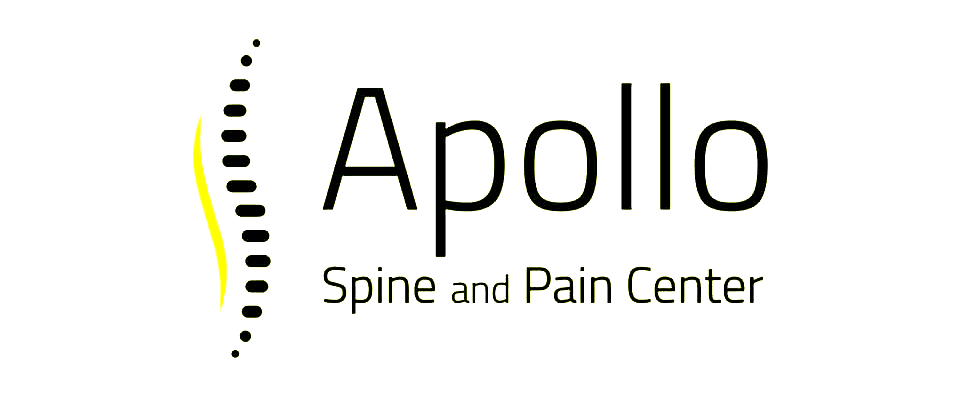Enhancing Recovery from Auto Accidents with Interventional Pain Management
Auto accidents can cause a wide array of injuries, ranging from minor bruises to serious conditions like whiplash, fractures, and soft tissue damage. These injuries can severely impact your daily life, leading to chronic pain and limited mobility if not treated promptly and correctly. Understanding the physical effects of auto accidents is crucial to developing effective pain management and recovery strategies.
Interventional pain management offers a path to relief and functional recovery through advanced techniques designed to address specific injury-related pain. By targeting the root causes of discomfort, these methods aim to minimize pain and enhance the healing process. Whether you are dealing with acute pain immediately post-accident or chronic pain that has developed over time, an integrated approach combining various treatments can make a significant difference in your recovery journey.
In this article, we will explore the impact of auto accidents on the body and delve into the benefits of interventional pain management. We will also discuss specific treatments that can help accelerate your recovery and how combining these with regenerative medicine and medication management can lead to optimal outcomes.
Understanding the Impact of Auto Accidents on the Body
Auto accidents can inflict a variety of injuries, some of which may not be immediately apparent. Common types of injuries include whiplash, herniated discs, and soft tissue damage. Whiplash occurs when the neck moves quickly back and forth, causing strains in the neck muscles and ligaments. This can lead to chronic pain and stiffness if not treated properly. Herniated discs, where the discs between the vertebrae slip out of place, often result in severe back pain and may impinge on spinal nerves, causing additional complications.
Besides the immediate physical damage, auto accidents can also trigger long-term issues such as chronic pain and reduced mobility. For example, soft tissue injuries like muscle sprains or ligament tears can heal improperly if not managed correctly, leading to persistent discomfort and functional limitations. Additionally, the stress of an auto accident can exacerbate underlying conditions, compounding pain and delaying recovery. These effects highlight the need for comprehensive pain management strategies.
How Interventional Pain Management Techniques Can Accelerate Recovery
Interventional pain management employs specific techniques to directly address the pain at its source, enhancing the healing process and speeding up recovery. One of the key benefits of these techniques is their ability to provide targeted relief. Unlike general pain medication, which affects the entire body, interventional treatments focus on the exact location of the injury, reducing inflammation and alleviating pain more effectively.
Techniques such as nerve blocks, epidural steroid injections, and radiofrequency ablation are commonly used in interventional pain management. Nerve blocks involve injecting medication directly into the area around a nerve to disrupt pain signals to the brain. This not only provides immediate pain relief but also helps in managing chronic pain. Similarly, epidural steroid injections reduce inflammation around spinal nerves, offering significant relief from back and neck pain. For more persistent pain, radiofrequency ablation uses heat to disrupt nerve function, providing long-lasting relief by preventing pain signals from reaching the brain.
These methods, when used in conjunction with a well-structured rehabilitation plan, can dramatically improve an individual's ability to recover from auto accident injuries. They allow patients to engage more actively in physical therapy and other essential recovery activities, promoting faster and more complete healing.
Key Interventional Treatments for Auto Accident Injuries
Interventional pain management offers a range of targeted treatments to address injuries sustained in auto accidents. Some of the most effective techniques include:
1. Nerve Blocks: These involve injecting a local anesthetic near specific nerves to block pain signals from reaching the brain. This method is especially useful for immediate relief from acute pain and can be used as part of a broader pain management strategy.
2. Epidural Steroid Injections: These injections deliver steroids directly into the epidural space around the spinal cord. By reducing inflammation in this area, they can provide significant and lasting relief from back and neck pain caused by herniated discs or other spinal injuries.
3. Radiofrequency Ablation: This treatment uses radio waves to generate heat and target painful nerves. It effectively disrupts their ability to send pain signals, offering long-term relief for chronic pain conditions that often arise after auto accidents.
4. Platelet-Rich Plasma (PRP) Therapy: PRP involves using the patient's own blood, processed to concentrate the platelets, which are then injected into the injured tissue. This promotes natural healing by stimulating tissue regeneration and reducing inflammation.
These treatments, when customized to individual patient needs, enhance the overall recovery process. Each method targets specific injury aspects, providing a precise and effective solution to pain management.
Integrating Regenerative Medicine and Medication Management for Optimal Results
Incorporating regenerative medicine and medication management can further optimize recovery from auto accident injuries. Regenerative medicine, such as PRP therapy, stimulates the body's healing processes, offering a powerful complement to interventional treatments. By promoting tissue repair, regenerative methods help address the root causes of pain, leading to more sustainable recovery outcomes.
Medication management also plays a critical role. Carefully monitored pain medication can provide necessary relief without the risk of dependence. Anti-inflammatory drugs, muscle relaxants, and other pain medications can be used judiciously alongside interventional treatments and regenerative therapies to manage pain effectively.
Integrating these approaches ensures a holistic treatment plan. For example, a patient receiving an epidural steroid injection for back pain might also benefit from PRP therapy to enhance tissue repair and anti-inflammatory medication to manage inflammation. This comprehensive approach reduces pain, promotes healing, and minimizes the risk of long-term complications.
Our goal is to provide a balanced and personalized treatment plan that not only alleviates pain but also supports overall health and well-being. By combining cutting-edge interventional techniques with regenerative medicine and thoughtful medication management, we can offer our patients the best possible outcomes.
Conclusion
Recovering from auto accident injuries can be challenging, but with the right approach, significant relief and recovery are within reach. Interventional pain management, combined with regenerative medicine and precise medication management, provides a comprehensive and effective path to recovery. Each treatment is tailored to address the specific needs and injuries of the patient, ensuring a personalized and holistic care plan.
If you're dealing with pain from an auto accident, our expert team is here to help. We offer advanced
interventional pain management solutions designed to enhance your recovery and restore your quality of life. Contact Apollo Spine and Pain Center today to learn how we can support you on your journey to recovery and wellness.












